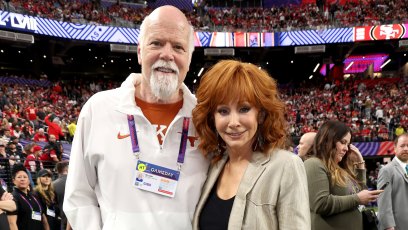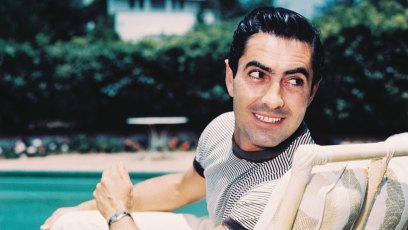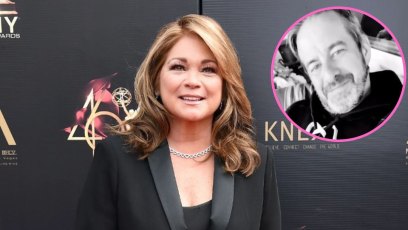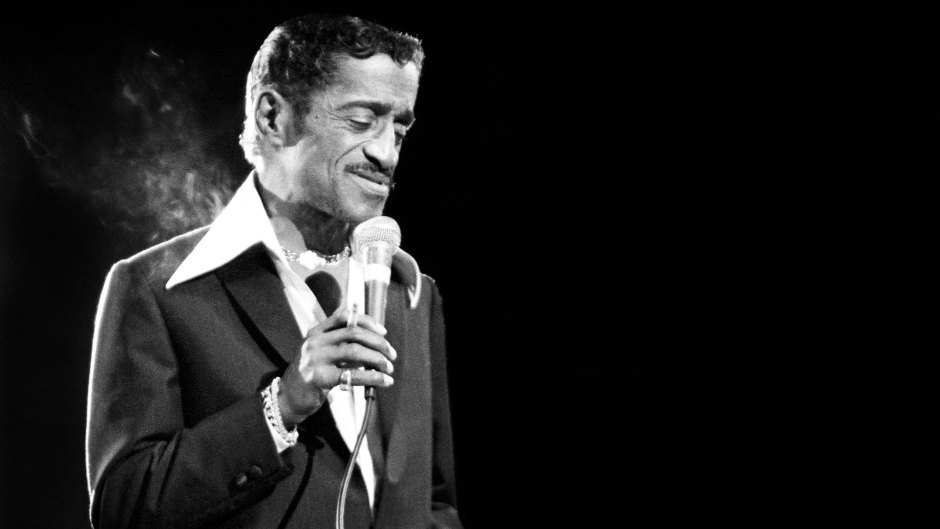
Berliner Studio/BEI/Shutterstock
Sammy Davis Jr.’s Son Manny Reveals Lesson His Father Taught Him: ‘Never Give Up on My Dreams’
During the late 1980s, Sammy Davis Jr. did an incredible impression of Michael Jackson in his Las Vegas act. “He had the whole audience laughing and cheering,” his youngest son, Manny Davis, exclusively remembers to Closer. “He then proceeded to sing ‘Bad.’ The coolest thing about that experience was that Michael was there in person watching the show.”
Throughout his stellar career, Sammy wasn’t afraid to take chances, confident that the power of his talent and charisma would see him through. As a father, he tried to pass the lessons he learned in a lifetime of show business to his four children. “He taught me to never give up on my dreams,” says Manny. “And to never settle for anything less than my worth.”
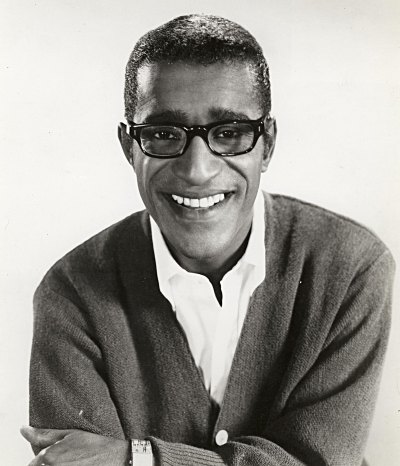
Sammy’s career encompassed recordings, hit movies, television and live performances. He seemed able to do anything, so it was no wonder he was nicknamed “Mr. Show Business” in the 1970s. By the time the veteran performer and his third wife, Altovise, adopted Manny, he had time to enjoy family life.
“Being the youngest of Sammy’s children, my experience was different from my siblings,” Manny notes. “My siblings grew up during the civil rights era. I was a child of the ’70s and ’80s. Most of his goals had been accomplished by then. He and my mother used to take me everywhere with them.”
A RARE GIFT
Sammy tried to give his youngest son the childhood he never had. “He had worked from the age of 3,” says Manny of the performer, who began traveling on the vaudeville circuit as a dancer with his father. Although little Sammy learned how to delight an audience, Sammy Davis Sr. sheltered him from the realities of racism in America. “While on tour, Sammy only knew Black people — Black performers, Black audiences, Black hotels,” explains Matt Birkbeck, author of Deconstructing Sammy: Music, Money and Madness. “He did not experience racism until his teens and then when he joined the Army during World War II. It shocked him and played a large role in his life.”

After his discharge, Sammy began performing again. In 1951, as part of the Will Mastin Trio, he became an overnight sensation before a celebrity crowd at Ciro’s, a West Hollywood nightclub, after the Academy Awards. The audience was particularly thrilled by Sammy’s funny impressions.
Over the next decades, Sammy became a trailblazer — although it was not easy. “He suffered through great indignities,” says Birkbeck, who notes that Sammy and his second wife, Swedish actress May Britt, were not invited to John F. Kennedy’s inaugural, even though Sammy had campaigned for him, because interracial couples were still taboo. “That hurt him deeply,” says Birkbeck.
The country was headed in a better direction by the time Manny was born. In the last decade of his life, Sammy enjoyed playing Ms. Pac-Man with his son. “My father taught me to break the mold, yet always follow the pattern,” Manny explains. “He used to defeat me relentlessly at Pac-Man, but once I broke out of what I was doing and applied his pattern of success in Pac-Man, I beat his highest score. To this day, he and my mother are the two greatest influences in my life.”
—Reporting by Katie Bruno







